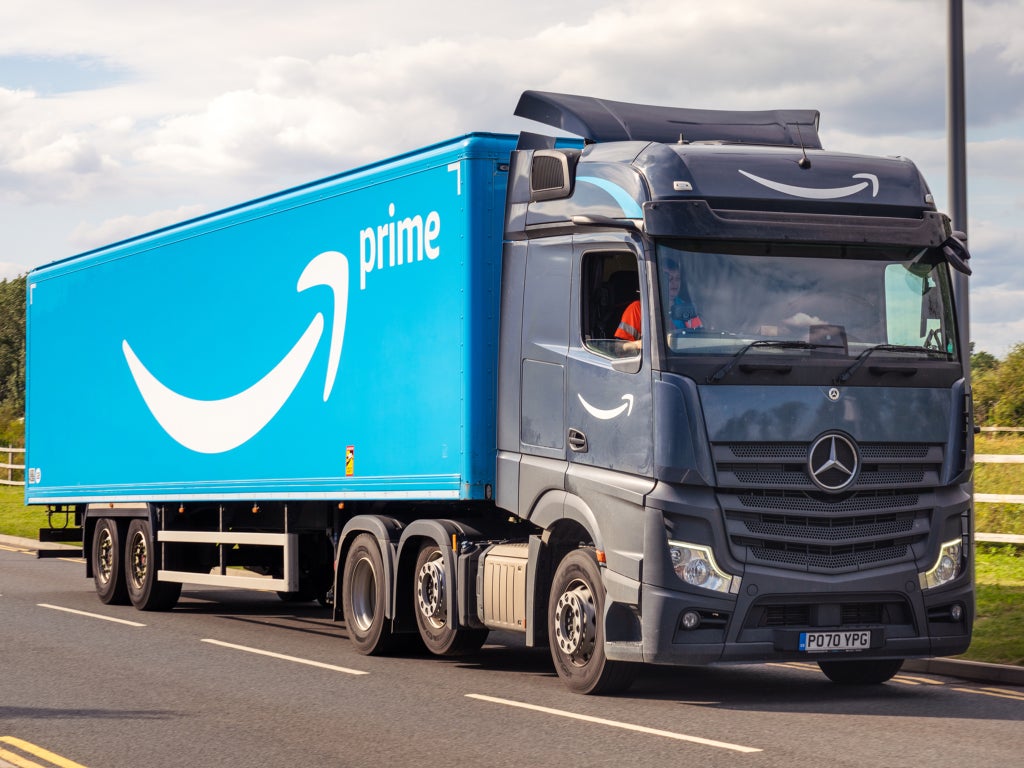
Analysts are predicting that Amazon may be raising the price for its Prime membership when it reveals its fourth-quarter earnings.
Several analysts spoke with Reuters explaining why they believe if the shipping giant were to raise prices it could feasibly justify the move.
Experts cite higher worker wages and signing bonuses the company has had to pay to attract new employees as a potential motivating factor to raise Prime prices.
Analysts believe that Amazon's operating profit will be somewhere around $2.5bn, but they believe even if thats the case a price increase may be on the way.
It wouldn't be the first time the company raised the cost of Prime; four years ago the subscription cost raised from $99 to $119. Four years before that the cost was only $79.
Michael Pachter of Wedbush Securities said that it was "about time" for the price to go up. "Shipping costs have gone up, period."
Shipping prices have increased, fuel is more expensive, trucking prices have increased, and products cost more than they previously did.
Prime has 200 million subscribers across the world, including most US households. Analysts believe many of those subscribers would continue to pay for Prime even after a price increase to maintain their access to fast delivery without added shipping costs.
Amazon has not stated publicly whether or not it is currently considering a price hike. However, in October, CFO Brian Olsavsky said that the company had no intentions to announce a price hike. He did say that "we always look at that" as an option.
Amazon has to weigh the benefits of raising the price against the potential loss of customers caused by a price increase. Prime is especially profitable not because of the subscription fees it draws, but because it brings customers into its ecosystem; customers are more likely to shop using Amazon if they have Prime. If customers leave Prime due to the cost increase, they are also less likely to make any purchases on Amazon.
Even if Amazon decided the risk of losing Prime customers was worth a price hike, one major factor facing the shipping industry may stop Amazon from raising subscription costs in the near future; supply line delays.
Due to supply line disruptions caused in part by the coronavirus pandemic, shipping times have increased and some products - particularly groceries - are hard to find.
Until delivery times and product availability are more reliable, Amazon may hold off on raising prices to avoid customer frustration at paying more for a less consistent service.
“Given all of the Q4 delivery challenges, raising the price of Prime doesn’t seem appropriate,” Scott Jacobson, a former senior manager at Amazon, told Reuters.
Mr Pachter agreed that Amazon would be wise to wait until supply lines are more consistent to consider a price increase.
“To raise my price when I literally ordered hot sauce and it took like nine days to get here, that would be a poke in the eye,” he said.







